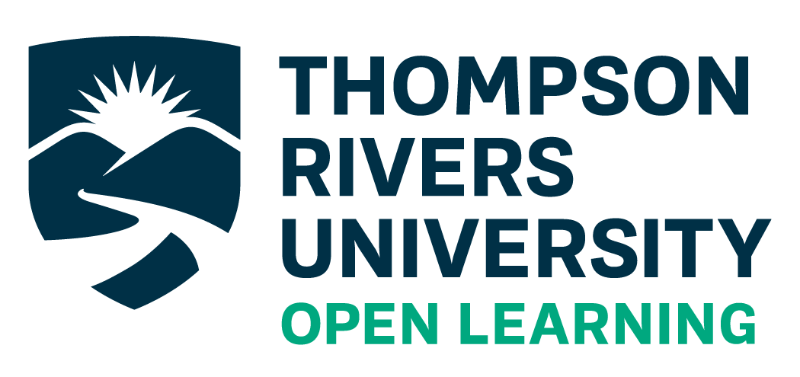Changes to House Style: Anchor Text & Attributions
This post captures changes to our editorial house style following a meeting on Feb. 9, 2018. Attributions and Credit Lines Attributions in a course might appear in a resources list (at the beginning of the module), in the learning activity that assigns the reading or media (within the module), in a title page (created…
